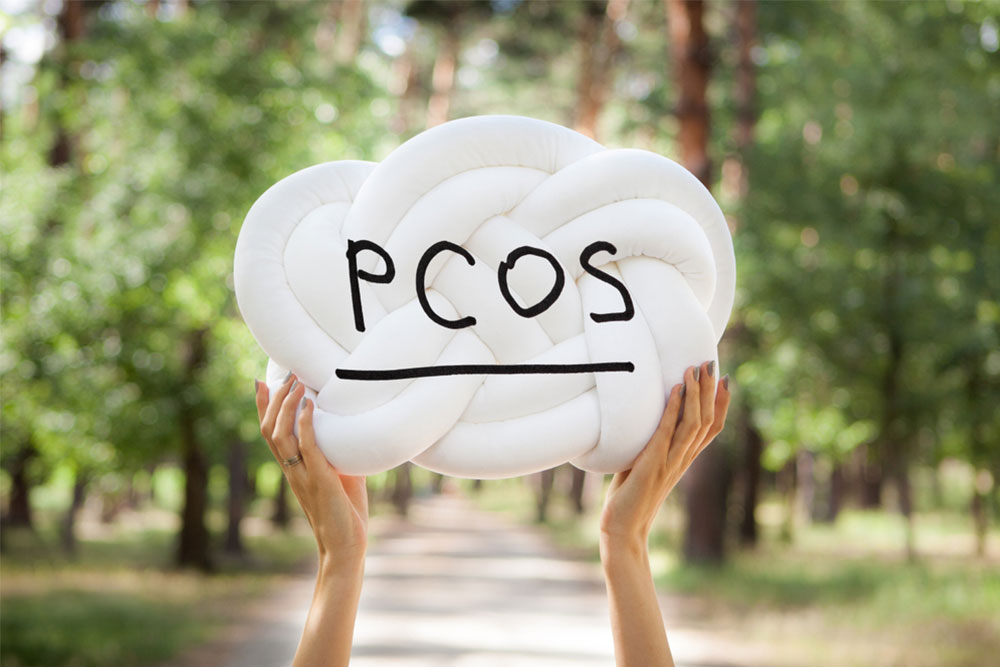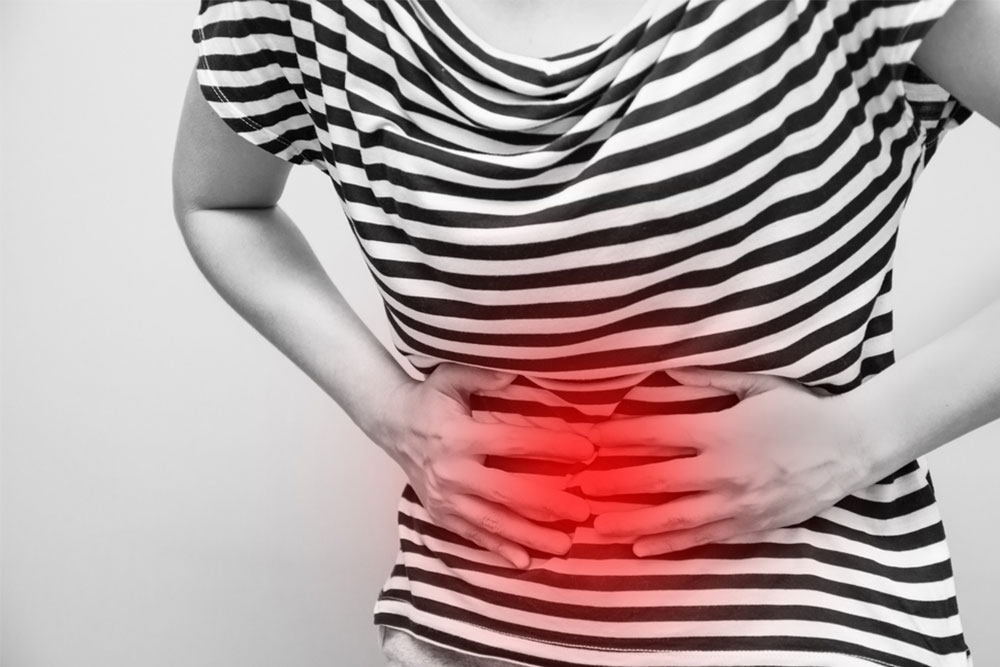How often have we heard the terms PCOD and PCOS being used in conversation? One could agree that they’re considered quite a common issue for most women living fast-paced, busy, and often unhealthy lifestyles. But do you really know what PCOD and PCOS are? And no, they’re not the same condition.
Polycystic Ovary Disorder or PCOD, and Polycystic Ovary Syndrome (PCOS) do share some similarities as they’re both linked to the ovaries and cause hormonal imbalances. However, the fact remains they are often inter-changed when they are being spoken about. Here’s how you can identify if you’re dealing with PCOD or PCOS, and understand the difference between them:
Polycystic Ovary Disorder (PCOD)
With every cycle, your ovaries alternate and release an egg. They also produce androgens, or male sex hormones. PCOD is the result of immature or partially mature eggs being released. These eggs eventually turn into cysts. In most cases, the ovaries become enlarged and release a large amount of androgen that cause hormonal imbalances and impact one’s fertility and body.
Some common symptoms of PCOD are abdominal weight gain, male pattern baldness, hair loss, irregular periods, and excessive facial hair growth. Genetics, too, can play a role, as a history of hypothyroidism may cause hormonal imbalances.

It is quite a common condition, with almost 90 per cent of women being diagnosed with PCOD. Those who suffer from it can still ovulate regularly. Another thing to note is that one does not become infertile due to PCOD, but may need little aid to conceive and have a smooth pregnancy.
While there is no defined cure for the condition, with a timely diagnosis and significant changes in your diet and lifestyle, you can manage the symptoms and lead a healthy life.

Polycystic Ovary Syndrome (PCOS)
PCOS occurs when the ovaries produce higher levels of androgen than usual, which interferes with development and release of the eggs. They then develop into cysts, and instead of being released during ovulation, continue to build and can get enlarged, thus blocking the further release of eggs.

The common symptoms of PCOS are hair loss, obesity, and in extreme cases, can lead to infertility. PCOS is considered a metabolic disorder, and is directly linked with the endocrine system. Women who suffer from PCOS find it difficult to conceive, have difficult or complicated pregnancies, and have higher chances of miscarriage. Further, PCOS may lead to other health problems such as diabetes, high-blood pressure, cardio-vascular problems, and endometrial cancer.
The signs of PCOS are visible quite early, especially among teenagers, and manifest due to metabolic imbalances as excessive hair growth on their face, acne, and sudden weight gain. As with PCOD, a significant change towards a more active lifestyle can help regulate metabolism, which in turn may control hair growth and weight fluctuations.

With the fast-paced, and largely sedentary lifestyles we lead, it is extremely important to maintain good health. Timely diagnosis of PCOD or PCOS, followed by being mindful of your body’s needs can help manage the symptoms.